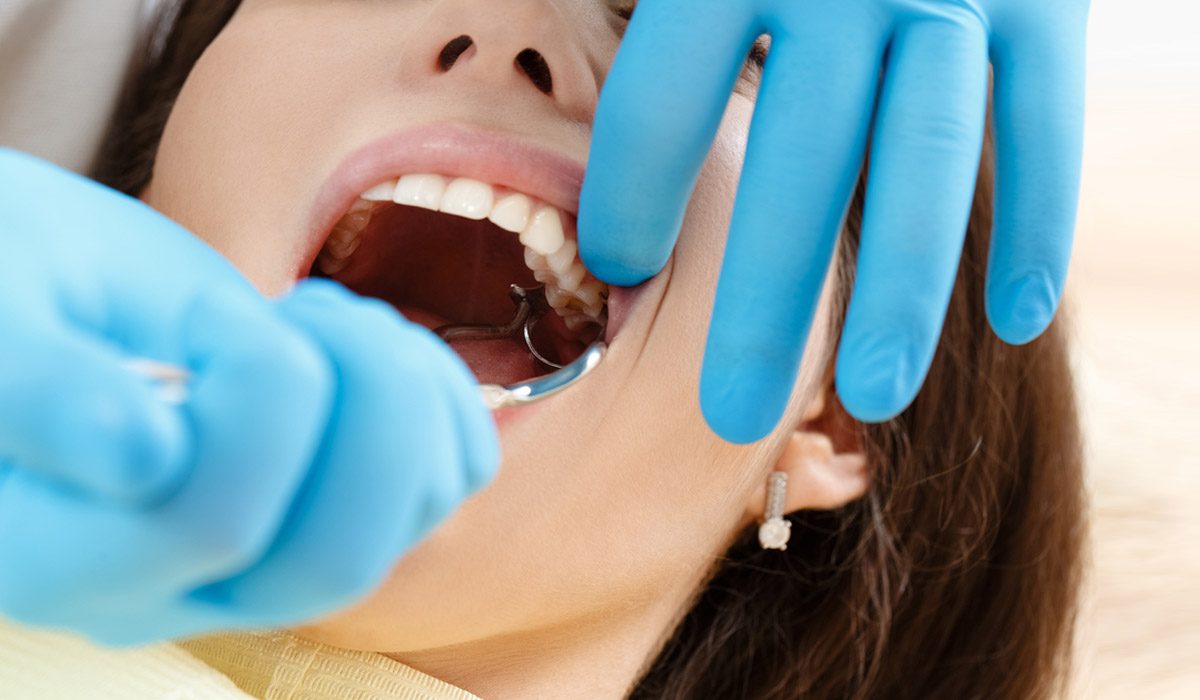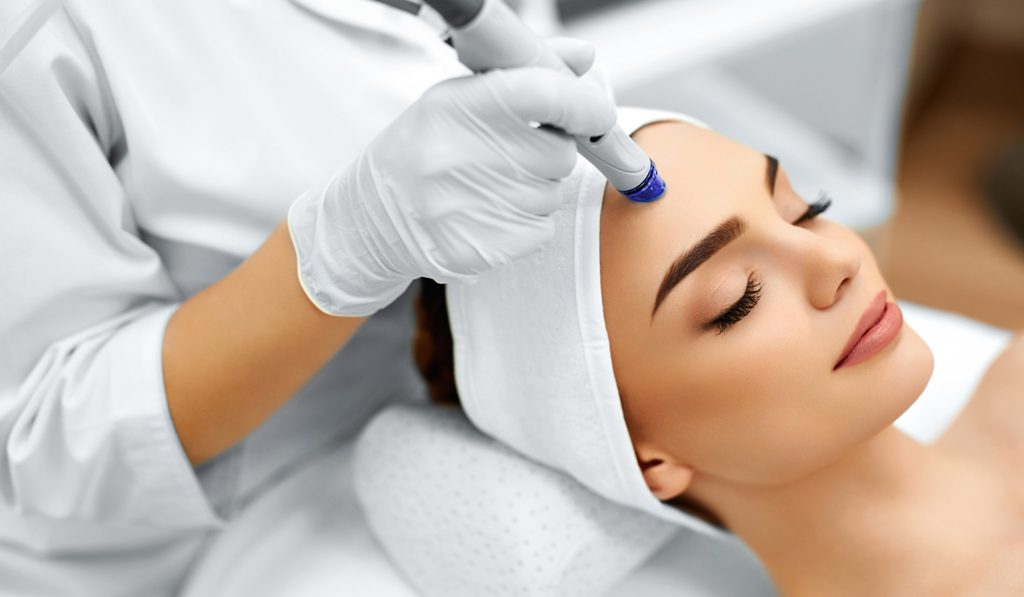Why Tooth Extraction Must Not Be Delayed?
A dental extraction, popularly known as tooth extraction or exodontia or even tooth pulling, removes teeth from the dental alveolus or socket in the alveolar bone. Dentists and oral surgeons perform tooth extraction for several reasons.
This article will look into the significance of tooth extraction reasons, preparation for the extraction process, and the most crucial part- why tooth extraction mustn’t be delayed at all costs.
Reasons for Tooth Extraction
Although removing wisdom teeth is common among teens and adults, there are other reasons why tooth extraction is necessary. The process is generally a quick outpatient procedure that requires local, general, intravenous anesthesia, or a combination of all. Visible teeth are simpler to extract, but the broken, impacted, or below the surface ones require more involved procedures.
Following are some of the reasons for tooth extraction
- Damaged tooth: If the tooth is broken or cracked near the gum line, it will require a tooth extraction. If there isn’t much tooth left to save, this, too, will require tooth extraction.
- Wisdom teeth implication: Third molars or an impacted wisdom tooth often pressurizes the 3rd molar area. It then becomes a challenging area to clean where bacteria forms and easily promote other infections too.
- Tooth decay: Repairing and cleaning a decayed tooth can further lead to other problems. Therefore, an endodontist may suggest an extraction in this case.
- Gum diseases: The leading cause of tooth loss is gum disease. Gum diseases occur mostly due to poor oral hygiene, tobacco, poor physical health, medications, and lifestyle. In such a case, tooth extraction may become mandatory.
- Physical trauma: Your teeth will be exposed to physical trauma if you have suffered from an accident or injury. In this case, the dentist will need to extract your damaged teeth to avoid further complications.]

Procedures used for Tooth Extraction
When it comes to removing a tooth, two types of extractions exists.
Simple Extraction
Simple extractions are useful to extract the visible teeth within the mouth. This can be performed very quickly in the dentist’s office. After the extraction is done and the bleeding stops, you are free to leave the office. In this procedure, the teeth are removed easily with the help of dental forceps.
Surgical Extraction
Surgical extractions are performed in cases when the teeth or tooth is not easily accessible inside the mouth. These procedures occur under the guidance of a general anesthetic. Surgical extractions generally occur at specialized clinics.
Cost of Tooth Extraction
The cost for tooth extraction depends on one factor- whether the tooth is impacted or not! A simple tooth extraction costs between $75 and $200. The type of anesthesia used in the procedure is an essential factor determining the overall cost for tooth extraction.
However, the cost of removing impacted teeth is much higher. It can significantly cost between $800 and $4,000.
Preparing for a Tooth Extraction
First, the dentist will take an X-ray of your tooth before starting with the extracting procedure. Inform your dentists beforehand if you are on medication or take any supplements, drugs, or vitamins. It is also essential to inform your doctor if you will be undergoing another medical condition with an intravenous drug known as a bisphosphonate. If the procedure occurs before the drug treatment, there could be a severe risk of bone death or osteonecrosis.
If you are suffering from any of the conditions mentioned below, inform your doctor immediately.
- Diabetes
- Liver disease
- A congenital heart condition
- Thyroid disease
- An artificial joint
- Renal disease
- Hypertension
- History of bacterial endocarditis
- Adrenal disease
- Damaged heart valves
- An impaired immune system
The dentist will most likely examine thoroughly to ensure that the conditions are stable before undergoing the tooth extraction. Antibiotics may be prescribed to you if
- The surgery may last longer
- You have a specific medical condition and
- An infection weakens your immune system
It is advisable to keep the following things in mind for the day of the tooth extraction
- Don’t smoke
- Inform your dentist if you had nausea or vomiting the night before
- If you had a cold and need to reschedule, inform the dentist about the same.
- Avoid drinking or eating 6 hours before your tooth extraction appointment
- Wear a short-sleeved shirt or loose-fitting clothing if you will be receiving intravenous (IV) anesthesia
- Have someone to drive you home afterward if you’ll be receiving general anesthesia
Aftercare and Healing
After the completion of the extraction, the doctor will send you back home to recover. It typically takes a few days to recover. The following tips will help minimize the pain and discomfort, reducing the risks of infection and a speedy recovery.
- Take painkillers as per the dentist’s prescription.
- The dentist will provide you with gauze pads to reduce bleeding and allow a clot to form in the tooth socket. Bite the gauze pad firmly and keep changing the gauze pass before it’s completely soaked in blood.
- Applying an ice bag to the affected area immediately after the extraction is helps keep the swelling down.
- Take rest for at least the first 24 hours after the extraction process.
- Do not spit or rinse forcefully for the first 24 hours after the extraction as it might dislodge the clots formed in the socket.
- Don’t use straws for drinking the first 24 hours.
- Don’t smoke
- Eat soft foods for the day like soup, pudding, yogurt. Only add solid foods to your diet when the extraction site starts to heal.
- Make a solution of half teaspoon salt and 8 ounces of warm water and rinse your mouth thoroughly with that solution after 24 hours.
- Don’t brush over the extraction site will brushing until it heals. It will help in preventing the spread of infections.
- Prop your head with pillows while lying down.
When to call the Dentist
It is entirely normal to feel some pain after the anesthesia wears off. Again, it is normal to have some swelling and residual bleeding 24 hours after the tooth extraction. However, your case will need attention if the bleeding and swelling are severe for more than four hours after the tooth extraction.
If you experience any of the following, call the dentist
- Nausea or vomiting
- Fever and chills
- Swelling, redness, and excessive discharge from the extracted area
- Chest pain, cough, and shortness of breath
New bone and gum tissues grow into the gap during the initial healing period, and it takes about one to two weeks.
Risks associated with Tooth Extraction
You may undergo a few risks after the tooth extraction. Usually, after a tooth extraction, a blood clot naturally forms in the socket. However, when the blot clot does not form or dislodges, the bone inside the socket is completely exposed. It is known as a dry socket. The dentist will protect the area if something like this happens by putting a sedative dressing over the area for a couple of days. In the meantime, a new clot will develop. There are some other risks, such as
- Sometimes the bleeding lasts longer than 12 hours
- Some may experience vomiting and nausea
- Signs of infection will include fever and chills
- Coughing
- At the surgical site, swelling and redness may develop
- Some people complain of chest pain and shortness of breath
Reasons why Tooth Extraction shouldn’t be delayed
Tooth extraction must not be delayed for the following reasons.
Infection
If an infection is present in the teeth, it will deteriorate your oral health and cause other major health problems. Delaying the extraction will only increase the problem. Similarly, medicinal support will help in preventing the infection from spreading. However, once you stop taking the medications prescribed to you, the infection and swelling will continue to spread.
Cracked Tooth
Only an endodontist can determine the salvation of a cracked tooth. If extraction is required, it is mandatory to get it done immediately to prevent the onset of other symptoms.
Delayed Extraction
A large area of the tooth and bone exposes during tooth extraction. Add to this the chances that bacteria may spread to the bloodstream and tissues. If the extraction occurs during the initial period when there are no symptoms, the chances of controlling the infection and preventing the bacterial spread are better.
Recovery period from a Tooth Extraction
It usually takes a few days to heal. Following the guidelines provided by the dentist will help you recover in no time.
- CATEGORIES : Dental





